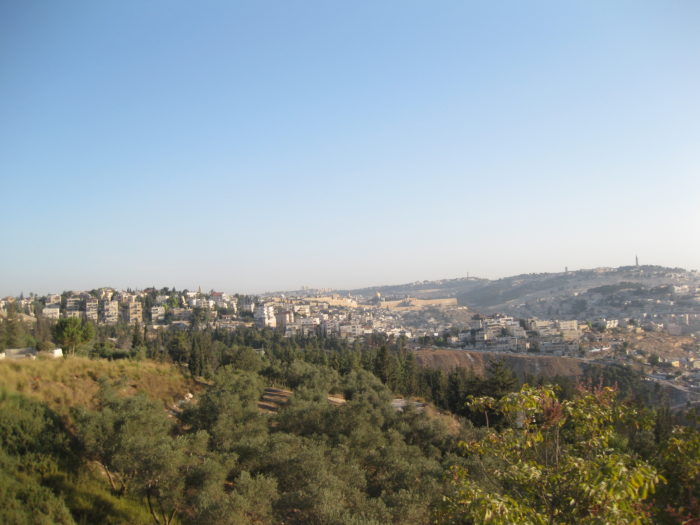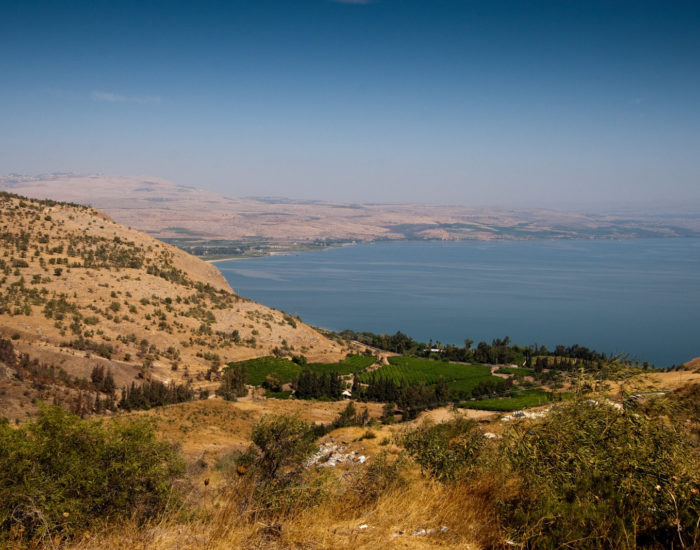
Inspired by Psalm 132 and Psalm 125
My heart is like Jerusalem
A palace for my King
A place for righteousness to dwell
A place where praises ring
Until You found Your place in me
I rested not my eyes
You came that night and conquered me
So take the victor’s prize
Now come and take my everything
My life, my heart, my best
Your love has made a place–Arise
Yehovah, to Your rest
You chose to make Your home in me
You washed me–made me clean
You clothed me in Your righteousness
I cannot help but sing
With all the saints I shout for joy
That I have been set free
You set Messiah’s lamp in me
It shines for all to see
And as Mount Zion firmly stands
My heart shall not be swayed
For He will make me strong; in me
His palace has been made
As hills surround Jerusalem
His love surrounds my heart
For Yehovah will keep me safe
From foe, or sword, or dart
The King of all has chosen me!
In me His Spirit dwells!
And any time I think of this
My heart with gladness swells






